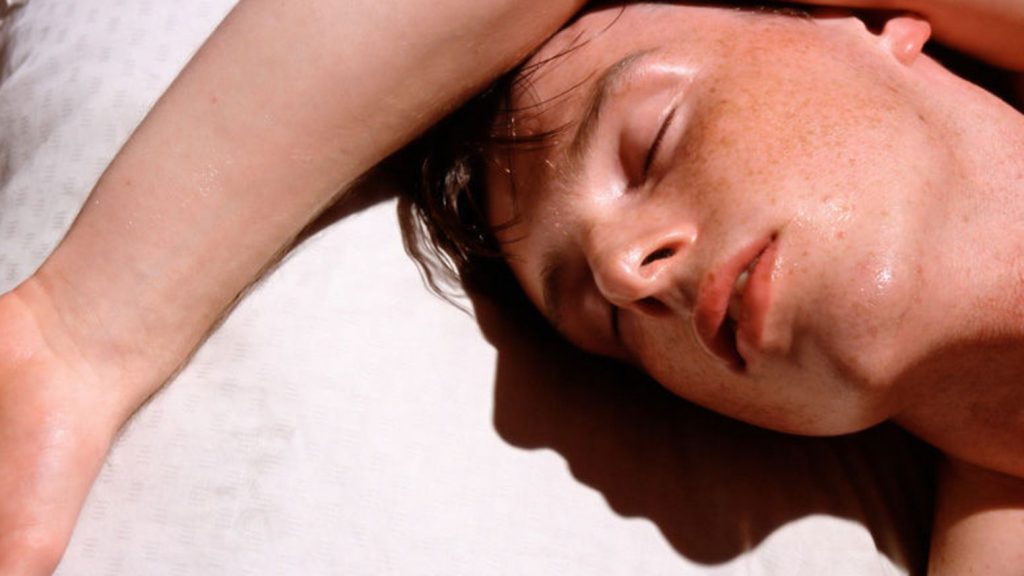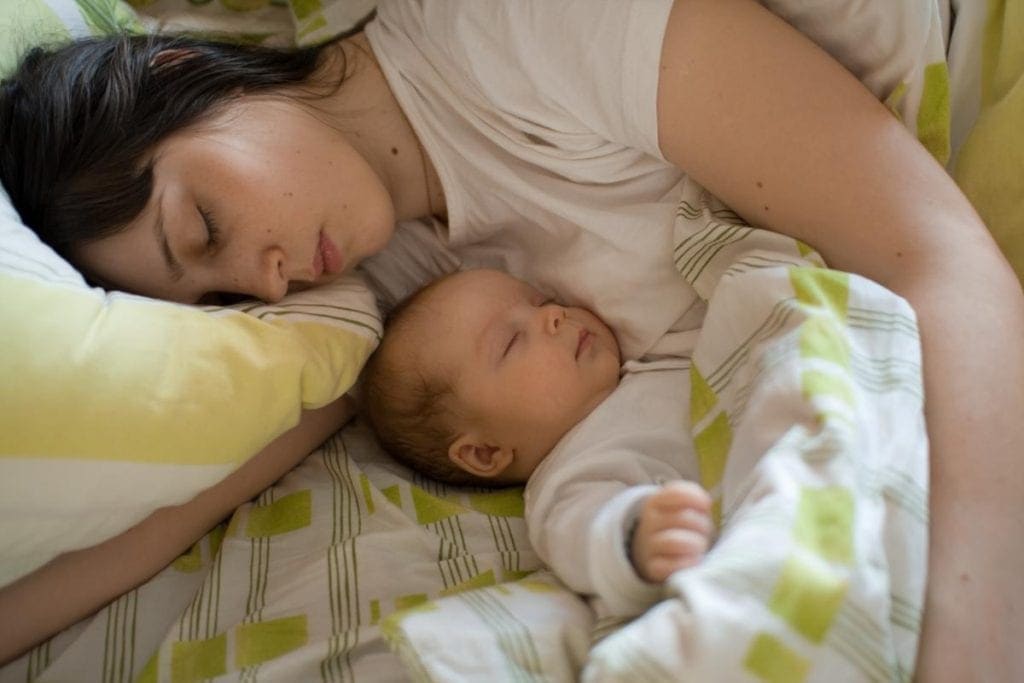What to Know about Night Sweats?
What to Know about Night Sweats?
Night Sweats:
Night Sweats or Sleep Hyperhidrosis defines a condition of continuous sweating from the human body during the sleep at night. Obviously, it results in drenching sheets and sleepwear, while it is not related to overheating sleeping. This disorder usually influences just 3% of the whole population, while it may an early sign of some serious disease. Basically, most of the signs of this disease don’t threaten your life, but you will need to consult a doctor for proper identification of an underlying cause.
Sweating is a natural cooling procedure to keep the body cool down and control overheating. Hypothalamus system of the human brain regulates body temperature and also stimulates more than 2 million sweat glands to keep the human cool. Sweat evaporates water from skin pores and causes a quick release of heat energy. Sure, it will cool the body as a response to this phenomenon. There are several notable causes of night sweats and best treatments are also available to cure this disorder effectively and completely.

Major Causes:
Workouts and hot days are not only the things that affect the body’s natural cooling process that keeps human bodies cool down. Many other conditions also trigger excessive production of sweat, especially during sleep at night. Some notable causes of night sweats are;
I-Infection:
Tuberculosis is a specific infection that results in sweating at night during sleep. Some febrile disorders, influenza, and HIV are other causes of night sweat.
II-Hormone (Endocrine) Imbalances:
These conditions are more common and often associated with sweating during sleep. These conditions mostly happen in pregnancy, menopause, puberty, thyroid disease and diabetes.
III-Obstructive Sleep Apnea:
Walls of the narrow throat will restrict breathing. Night sweats usually happen three times greater in the people having sleep apnea than rest of the population.
IV-GERD (Gastroesophageal Reflux Disease):
Heartburn is a basic cause, but night sweats are also very common due to reflux disorder.
V-Cancer:
Night sweats may be an early sign of cancer, while other signs occur at a slow rate and normally. Night sweats may result in Leukemia and Lymphoma cancer types.
Read More: How To Ensure Night Sweats Don’t Ruin Sleep

Some Other Conditions:
Sure, some other conditions may also become specific causes of night sweats and these may be;
-
Obesity
-
Anxiety
-
Drug addiction like heroin
-
Cardiovascular disorders
-
Low blood sugar or hypoglycemia
-
Parkinson’s disease etc.
Side Effects of Medication:
Many medicines may affect human health. Antidepressant, steroids, diabetes, hormones, and painkilling medications may cause sweating. Some commonly used medicines that may result in sweating are;
- Ciprofloxacin
- Hydrocodone
- Esomeprazole
- Glipizide
- Citalopram
- Bupropion
- Insulin
- Buspirone
- Acyclovir
- Atorvastatin
- Amlodipine
- Albuterol
- Loratadine
- Nicotine replacement
- Zolpidem
- Omeprazole
- Trazodone
- Paroxetine
- Tadalafil
- Prednisolone
- Sumatriptan
- Sertraline
- Levothyroxine
- Naproxen sodium
- Lisinopril
It is significant for you to consult your doctor if you come across any side effect of these medications.
Read More: Why is it Important to Drink Enough Water and Stay Hydrated?

How to Treat It?
Selection of proper treatment of night sweats will depend on the underlying condition or cause like curing hormones imbalance, caring for contributing elements and adjusting medications. If there is no commonly observed and direct cause of night sweats, then treatment having management and preventing methods will be suitable. These will include;
-
Sleeping on soft, breathable, lightweight sheets and nightwear will be fine. Always sleep in a cool environment. Use Coldest Mattress and Coldest Pillows, Cotton sheets are a fine choice to prevent severe sweating.
-
Avoid using heavy comforter during sleep.
-
Don’t take spicy foods, caffeine, and other drugs when going for sleep.
-
Use specific antiperspirant on particular parts of the body that are highly susceptible.
-
Eat a few hours before to go to your bed for sleeping.
-
Take low sugar and low-fat diets at night.
-
Sleep before an AC or fan.
-
Perform some relax workouts to manage your breath.
-
Take enough workouts regularly.
-
Maintain your weight and bring it to a normal level.
-
Drink ample water throughout the day.
Anticholinergic medications can help you to reduce sweating during the night. But, you can take such medicines with the suggestion of your doctor.
Read More: Understand How to Hydrate Yourself

In Men:
Many people may come across night sweats in case of the conditions and causes mentioned above. Medical science discovers that men mostly suffer from sweating due to menopause, while low testosterone will also increase the chances of sweating during sleep. However, it is a rare situation due to unsatisfactory evidence.
In Women:
Menopause, hormonal changes and some other conditions in women will let hot flashes and night sweats happen quickly. Some good habits can discourage excessive sweating during sleep. For this; women will need to take well-balanced diets, wear lightweight and comfortable nightdresses, maintain their body weight and sleep in ideal and ventilated rooms. They will need to prevent too many changes in their lifestyle, while hormone treatments will also reduce signs and causes of sweating.
Excessive sweating during sleep is always associated with the conditions and environment where you sleep. If it is hot, night sweats will have more possibilities to happen. Many people suffer from excessive sweating day and night that is known as hyperhidrosis. If you suffer from this disorder, it is right to get assisted by a doctor and consult him over your disease.
Read More: Night Sweating: 5 Causes To Consider



